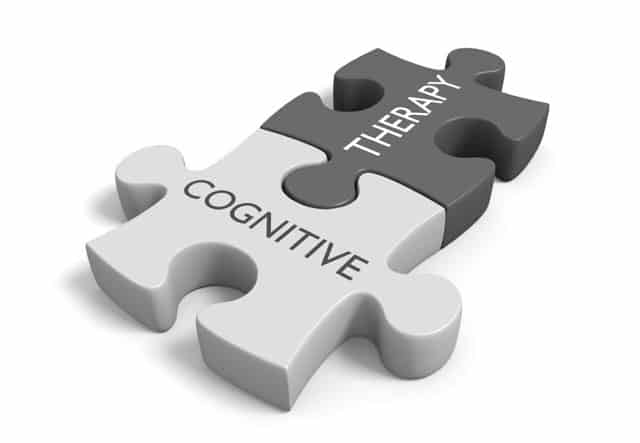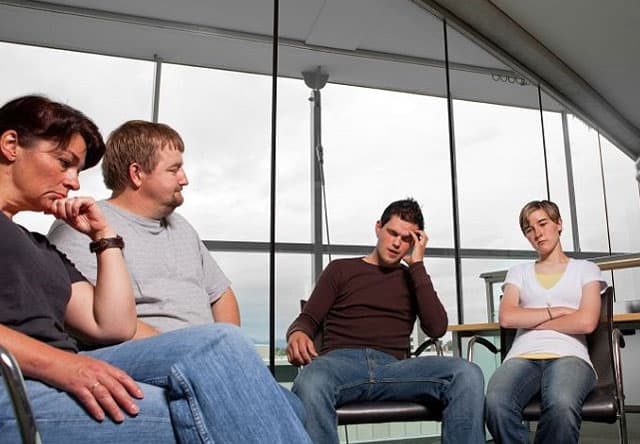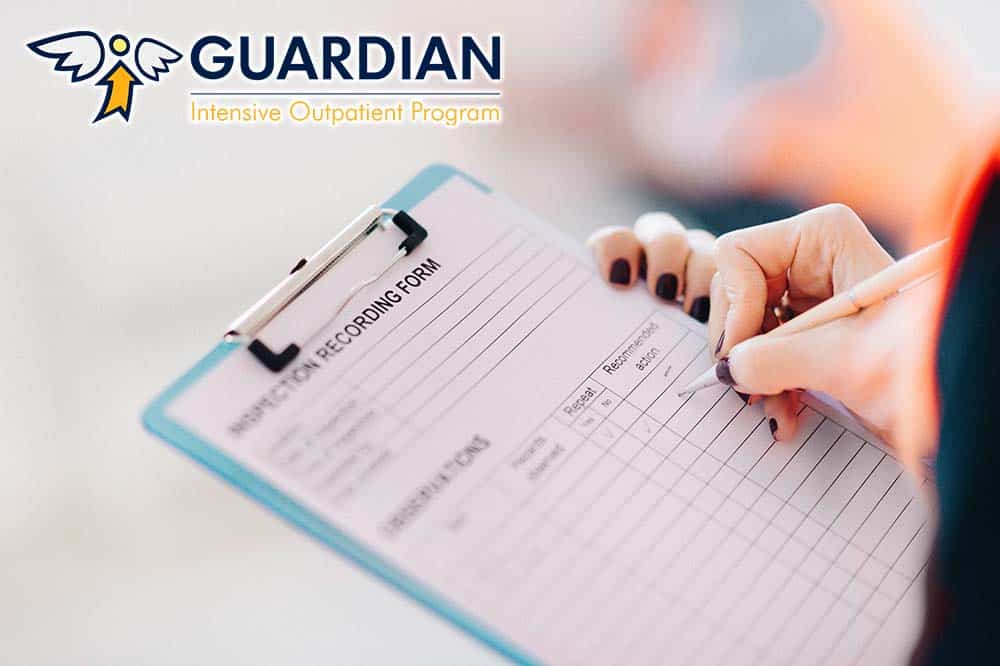Finally coming to terms to your drug addiction is a solid first step in the journey to recovery. As you begin the process in finding a quality drug treatment program, you may feel unsure as far as which treatment options will best suit you. A “one-size-fits-all” approach to drug treatment will not thoroughly address your unique and specific needs. Fortunately, many of the best drug and alcohol treatment facilities feature a wide variety of treatment services that will help you address and overcome your addiction, and that includes a wide variety of therapy options.
Types of Treatment for Addiction
Addiction is more than just a physical dependence on drugs. Oftentimes the use of drugs and alcohol are just a symptom of deeper psychological issues. The use of therapy in drug treatment helps those new in recovery identify those underlying issues, it also helps them develop healthy coping skills to deal with the stressors and triggers they encounter in their daily lives. Since every addict has a different personality and skill set in regards to how they deal with their addiction, there are many different types of therapy that can be tailored to his or her own individual needs.
The following are six different types of treatment for addiction that are commonly utilized in drug treatment.
Individual Therapy

Often called psychotherapy or talk therapy, individual therapy involves guided one-on-one sessions in which an experienced therapist and the patient can talk openly about his or her thoughts, feelings, and experiences in regards to their substance abuse. In order for this therapy to work, the therapist must build a foundation of trust and respect with the client. The most important aspect of individual therapy is allowing those new in recovery a ways to share their most private thoughts to an objective and unbiased third party who can offer feedback as well as a variety of valuable coping skills.
Group Therapy

Another common therapy in drug treatment is group therapy, and it is designed to help individuals overcome the isolation they often feel when they enter treatment. Group therapy features small groups of 6 to 10 people who are led in discussion by a group therapist or counselor. Group therapy allows those in treatment to relate to others who are experiencing similar situations to their own. Additionally, group therapy helps individuals to make connections with others who are supportive of their sobriety. Group therapy centers on building relationships with other recovering addicts and allows those who participate to provide feedback and support as well as develop the communication skills they need to succeed in their recovery once treatment is completed.
Cognitive-Behavioral Therapy

Many therapy interventions are based in psychotherapy, and cognitive-behavioral therapy (CBT) is perhaps the most commonly used intervention within the psychotherapy family. With CBT those in recovery can identify the thought processes, beliefs, and attitudes that have led to their addictive behavior. Once those behaviors are identified, clients will learn how to correct those behaviors and develop positive ways of thinking and feeling about themselves.
Family Therapy

Although addiction is complex and progressive disease that affects the physical and mental health of the addict, it also affects their family and other loved ones. Many addiction professionals refer to addiction as a family disease because of its significant impacts on the stability, unity, mental and physical health, and the overall well-being of a family unit as a whole. Family therapy involves the entire family and can include relatives and other close to the family.
With the help of a counselor, the family as a whole can explore the factors that led to the addiction of a loved one. This can include enabling behavior and any family history of substance abuse. Through family therapy, the each family member can identify their role in the development of a loved one’s addiction and they work together to eliminate any behaviors that would allow addiction to persist among the family members. Moreover, family therapy is effective in helping family members to understand each other’s perspectives while also developing more respectful, empathetic communication with each other.
Reality Therapy

Another common therapy used in drug and alcohol treatment programming is reality therapy. This particular approach to counseling focuses on the client’s present situation and how they can create a better future and not on the what had defined them in the past. Counselors help client develop the tools they need to make solid decisions and take the necessary steps needed to control their own lives. Typically, clients seek to discover what they really want and whether what they are currently doing is actually bringing them nearer to their goals, or if their actions are pushing them further away from achieving those goals.
Pet Therapy

An increasing number of drug treatment facilities nationwide are employing holistic therapy approaches to complement more their more traditional-based treatments and therapy. Among the most popular of these holistic therapy approaches is pet therapy. With this unique therapy, clients work with specially trained pets such as dogs, cats and even horses in order to help them grow emotionally and develop. When clients work with animals, it helps lower their stress levels, reduces anxiety and depression, lowers blood pressure and heart rate, helps clients raise their self-esteem, and it can even reduce the severity of painful physical symptoms that can occur during the drug treatment process.
Call Guardian Recovery Network Today
Therapy is an essential foundation for a successful drug treatment plan. If you are looking for a drug and alcohol treatment facility that employs a wide variety of therapy options that can be individually tailored to meet your specific needs, pick up the phone and call Guardian Recovery Network today. All of our therapy programs are evidenced-based, proven to work and delivered by experienced therapists who are committed to helping you get the tools and support you need to succeed in your recovery.
Don’t wait another day to address your substance abuse; call Guardian Recovery Network toll-free today at (888) 693-1894 and get the help you need to break the vicious cycle of addiction forever.

Reviewed for accuracy by:
Anna Marie Barrett LCSW, CYT
Anna earned her Masters of Social Work at Barry University in Miami, FL in 2017 and completed her internship in co-occurring disorders. Anna has a Bachelors of Art in Religious Studies from Naropa University and is a certified yoga and meditation instructor. Anna has received specialized training in somatic counseling with an emphasis on body-centered psychotherapy.




















